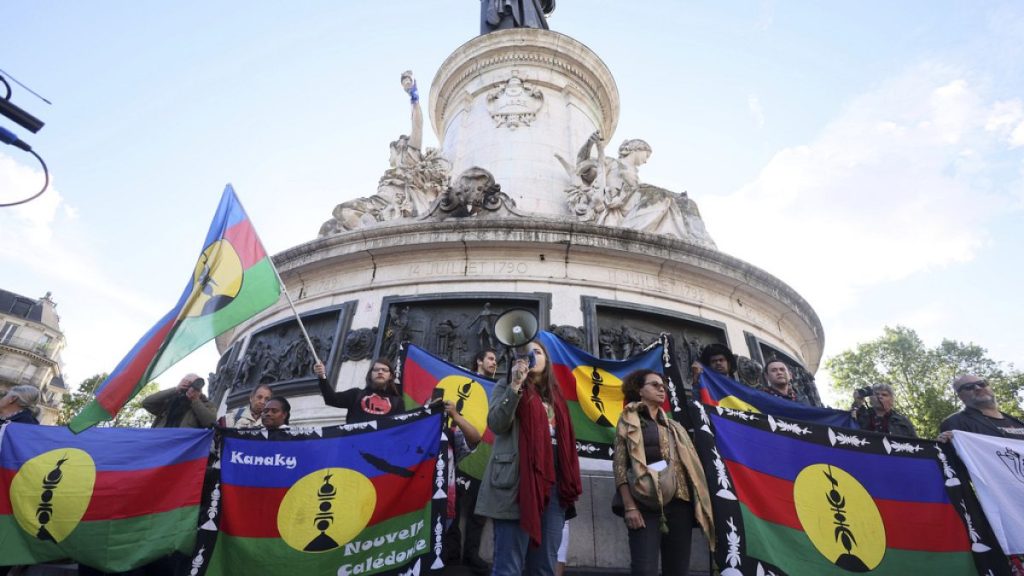France has accused Azerbaijan of meddling in its Pacific territory, New Caledonia, amid broader geopolitical tensions. Despite the vast geographical distance between the two countries, this claim is rooted in historical, political, and diplomatic tensions. New Caledonia, a French territory, has a history of striving for independence, with recent unrest sparked by a new electoral law seen as discriminatory by the indigenous Kanak population. France’s Interior Minister has accused Azerbaijan, along with China and Russia, of interfering in New Caledonia’s internal matters, citing the sudden appearance of Azerbaijani flags at independence protests and connections to separatist groups in Baku.
Azerbaijan has vehemently denied any involvement in New Caledonia, calling the accusations baseless. The Baku Initiative Group, established in Azerbaijan, supports anti-colonial movements against France, including the Kanak people in New Caledonia. The tensions between France and Azerbaijan go beyond New Caledonia, with France’s historical alliance with Armenia intensifying the diplomatic clash. France has openly supported Armenia in its conflict with Azerbaijan over the Nagorno-Karabakh region, further straining relations. Accusations of disinformation campaigns by Azerbaijan to destabilize French territories have surfaced, leading to the recall of France’s ambassador to Azerbaijan.
The clash between France and Azerbaijan in New Caledonia is part of a broader strategy to challenge French colonial legacy and support separatist movements. By aligning with anti-colonial sentiments, Azerbaijan aims to position itself as a champion of liberation movements, potentially tarnishing France’s image on the international stage. This effort is viewed as part of a larger geopolitical maneuvering, including attempts to undermine France’s ability to host international events such as the Olympic Games. The cancellation of the Olympic flame’s journey through New Caledonia reflects not only security concerns but also the severity of the unrest and accusations of foreign interference.
The involvement of Azerbaijan in New Caledonia’s unrest highlights the multifaceted nature of the issue, rooted in broader geopolitical rivalries and historical grievances. For Azerbaijan, supporting independence movements in French territories serves as retaliation against France’s support of Armenia and as a means to enhance its international standing. On the other hand, France sees these actions as a direct challenge to its sovereignty and stability in its overseas territories, leading to strong accusations and increased tensions between Paris and Baku. The accusations of interference, disinformation campaigns, and political maneuvering in New Caledonia underscore the complexity of the situation and the broader implications for international relations.


